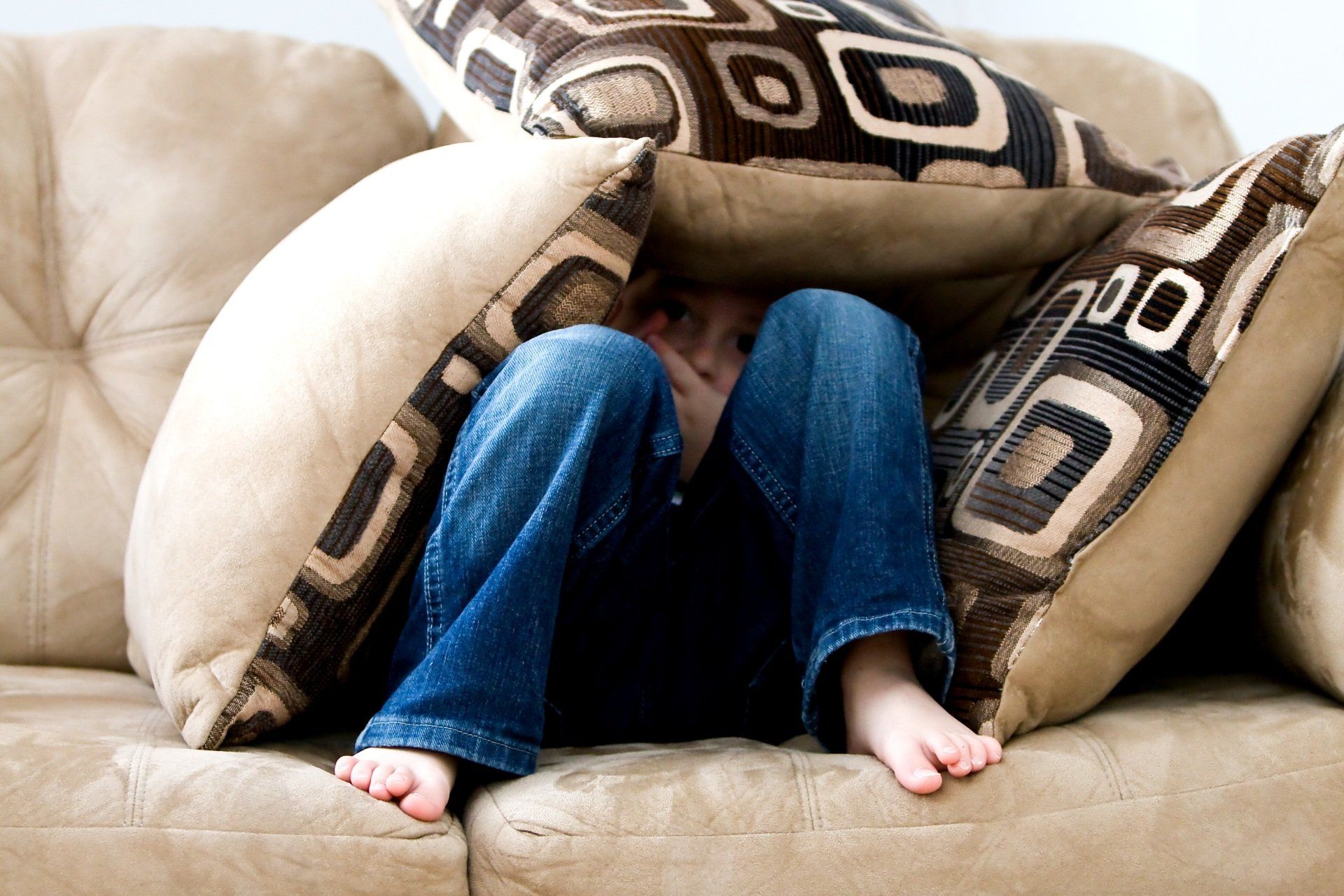
Short-Term Diet Plans & Why You Should Avoid Them
A short-term diet is a quick fix that often involves giving up certain foods or drinks overnight, while a lifestyle change--which is what you should be aiming for, is something that you negotiate with yourself to do long-term.
Making gradual changes is more successful than making drastic changes all at once (dieting). How do you make lifestyle changes? One way is to think about what you want to add into your life, rather than what you want to give up.
The most important thing when changing your lifestyle is to start small and be realistic about what you can stick with in the long run.
BEST FOR LONG TERM WEIGHT LOSS
BEST FOR SHORT TERM WEIGHT LOSS
BEST NON-DIET WEIGHT LOSS PROGRAM
The Perils of Short-Term Diets
If you go on a fad diet, it's likely that you'll regain the weight you lose. This is because most fad diets are not sustainable in the long term.
They often involve eliminating entire food groups or severely restricting calories, which can make them difficult to stick to. Additionally, when you lose weight quickly on a fad diet, your body goes into "starvation mode." This means that your metabolism slows down in order to conserve energy, making it harder to lose weight and keep it off.
Many people who go on fad diets end up regaining the weight because they haven't actually learned how to eat healthy and maintain their weight loss over the long term.
Here are top 10 reasons not to go on fad diet that only produces short-term results:
1) Fad diets are often restrictive and can be difficult to follow long-term.
2) They may not provide all of the nutrients your body needs.
3) They can be expensive.
4) They may cause you to miss out on important social events, like family dinners or birthday parties.
5) They may lead to weight cycling, or yo-yo dieting, which can be harmful to your health.
6) Fad diets often promote quick weight loss, but the results are usually only temporary.
7) They may cause you to become fixated on certain foods or food groups, which can lead to unhealthy eating habits.
8) They may cause you to feel deprived or anxious, which can lead to binge eating.
9) They may not be sustainable in the long-term, which can lead to frustration and weight gain.
10) Bottom line: Fad diets are often unproven and unsafe. If you’re looking to lose weight, it’s best to talk to your doctor or a registered dietitian about a healthy plan that fits your individual needs.
Instead of Dieting Make Lifestyle Changes
When it comes to losing weight and improving our overall health, there are two main approaches we can take: going on a fad diet or making lifestyle changes.
Fad diets usually involve cutting out entire food groups, eating extremely restricted amounts of calories, or both. While you may see some initial results from these types of diets, they are not sustainable in the long-term. As soon as you go back to your normal eating habits, the weight will quickly come back – and often times, you end up weighing even more than before you started the diet.
Lifestyle changes, on the other hand, are much more sustainable. Rather than completely eliminating certain foods or severely restricting your calorie intake, lifestyle changes involve forming new, healthy habits around food and activity. These changes may be small at first, but over time, they can make a big impact on your health.
One of the biggest reasons to make lifestyle changes rather than go on a fad diet is that lifestyle changes are more sustainable. As we mentioned before, fad diets are often not possible to stick to long-term. But when you make slow and steady changes to your eating and activity habits, those changes are more likely to last.
Another reason to focus on lifestyle changes is that they tend to be more effective in the long run. Fad diets may help you lose weight quickly in the short-term, but the weight will often come back as soon as you stop following the diet. On the other hand, lifestyle changes can help you lose weight slowly and steadily, and keep it off for good.
If you’re looking to make a change in your eating habits, remember that slow and steady wins the race. Making small lifestyle changes is more sustainable and more likely to lead to lasting results than going on a fad diet.
